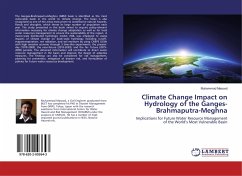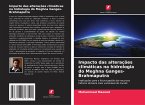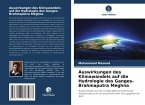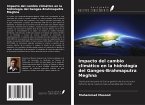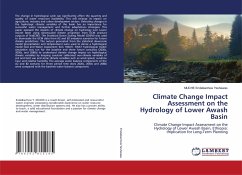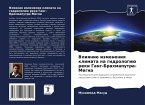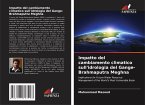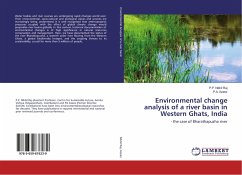The Ganges-Brahmaputra-Meghna (GBM) basin is identified as the most vulnerable basin in the world to climate change. The basin is also recognized as one of the areas most prone to waterborne natural hazards, floods and droughts, which threat its large number of population each year. The study presented in this book aimed to acquire policy-relevant information necessary for climate change adaptation as well as for local water resources management to ensure the sustainability of the region. A macro-scale distributed hydrologic model, H08, was employed to assess impacts of climate change on basin-scale hydrology including runoff, evapotranspiration, net radiation, and soil moisture by using CMIP5 GCMs with high emission scenario through 3 time-slice experiments; the present-day (1979-2003), the near-future (2015-2039), and the far- future (2075-2099) periods. The obtained information will contribute to direct water resource management in the basin and improve the design of adaptive measures. The findings can also be considered for risk management, planning for prevention, mitigation of disaster risk, and formulation of policies for future water resources development.
Bitte wählen Sie Ihr Anliegen aus.
Rechnungen
Retourenschein anfordern
Bestellstatus
Storno

